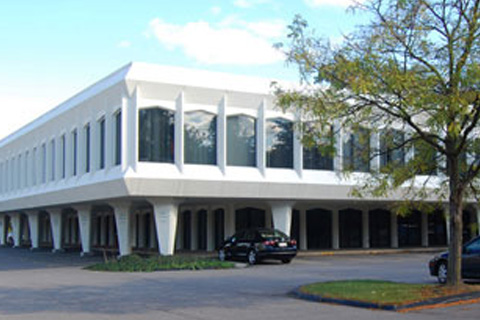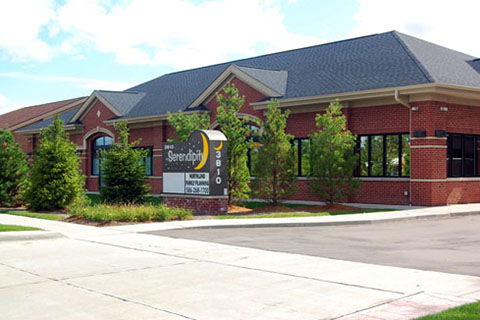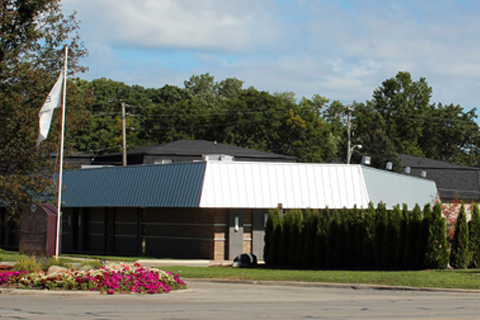Michigan Abortion FAQs
Abortions FAQ
Emergency Contraception FAQ
General FAQ
Pregnancy Calculator
Our Michigan Abortion Clinic Locations



Traveling for an Abortion
Learn more about getting an abortion in Michigan